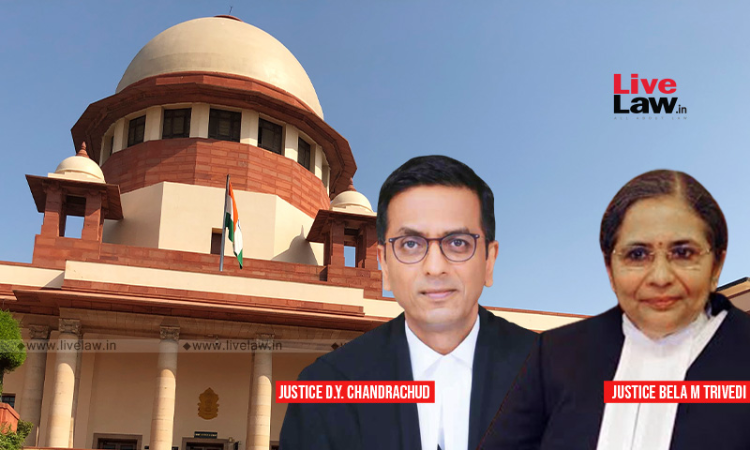NGT's Adjudicatory Functions Cannot Be Delegated To 'Expert Committees': Supreme Court
Ashok KM
3 Feb 2022 7:35 PM IST

Adjudicatory functions assigned to courts and tribunals cannot be hived off to administrative committees, the court remarked.
Next Story


